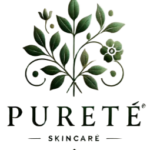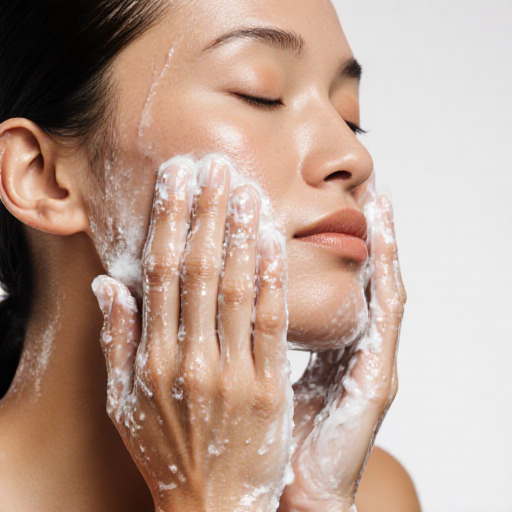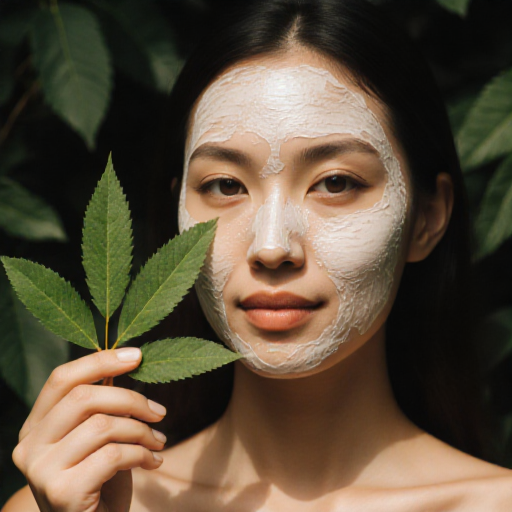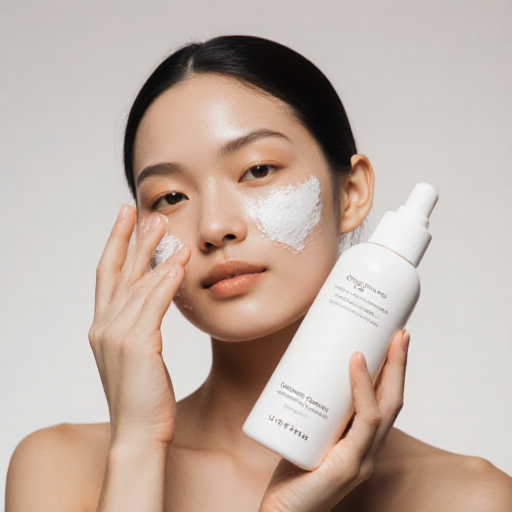Healthy skin is not built by skincare products alone. Daily lifestyle habits—from sleep patterns to diet and stress levels—play a powerful role in how skin looks and behaves. When these habits are aligned with gentle, plant-based routines, skin is better able to repair, protect, and renew itself.
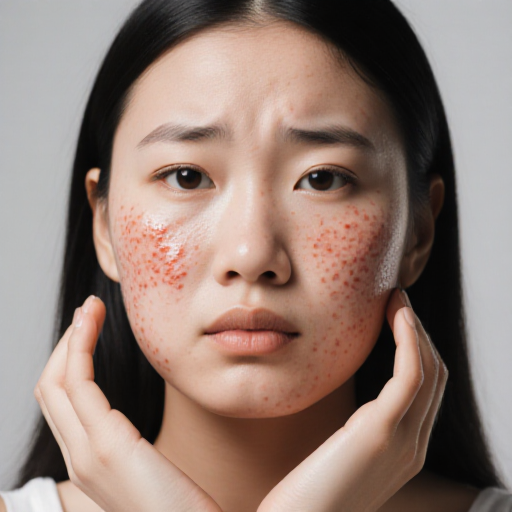
This article explores how lifestyle choices affect skin health and why natural skincare complements these habits more effectively than conventional approaches.
Table of Contents
- The Skin–Lifestyle Connection
- How Stress Shows Up on Your Skin
- Sleep and Skin Repair
- Diet, Hydration, and Skin Balance
- Environmental Exposure and Daily Damage
- Why Gentle Formulations Matter
- Aligning Daily Habits With Skincare
- Final Thoughts
1. The Skin–Lifestyle Connection
The skin is a reflection of internal health. Poor sleep, chronic stress, and nutrient deficiencies often manifest as dullness, breakouts, or sensitivity.
While skincare products support the skin externally, lifestyle habits determine how well the skin can respond and recover.
2. How Stress Shows Up on Your Skin
Stress increases cortisol levels, which can trigger inflammation, excess oil production, and flare-ups of conditions like acne or eczema.
Using calming routines and gentle formulations helps reduce external irritation, but managing stress through rest, movement, and mindfulness is equally important.
3. Sleep and Skin Repair
Skin regeneration peaks during deep sleep. Lack of rest slows collagen production and weakens the skin barrier, leading to premature aging and sensitivity.
Night routines that focus on hydration and repair work best when paired with consistent, quality sleep.
4. Diet, Hydration, and Skin Balance
What you eat directly affects skin health. Diets high in sugar and processed foods can increase inflammation, while antioxidant-rich foods support repair and glow.
Proper hydration also helps maintain elasticity and smooth texture, allowing skincare products to perform more effectively.
5. Environmental Exposure and Daily Damage
Pollution, UV radiation, and blue light exposure place constant stress on the skin. Over time, this leads to oxidative damage and uneven tone.
Supporting the skin with barrier-strengthening ingredients and antioxidant-rich routines helps minimize these effects.
6. Why Gentle Formulations Matter
Harsh chemicals may deliver quick results but often disrupt the skin’s natural balance, especially when lifestyle stressors are already present.
Well-formulated natural skincare works in harmony with the skin, supporting long-term resilience rather than forcing short-term change.
7. Aligning Daily Habits With Skincare
Consistency is key. Skincare routines should align with your lifestyle—simple enough to maintain daily, yet effective enough to support your skin’s needs.
When healthy habits and gentle skincare work together, results are more sustainable and noticeable over time.
8. Final Thoughts
Great skin is the result of synergy between mindful living and thoughtful skincare. By improving daily habits and choosing products that respect the skin’s natural processes, you create the ideal environment for lasting skin health.
A balanced lifestyle paired with gentle, nature-inspired care allows your skin to thrive—naturally.
Related Articles:
- Protecting Your Skin from Digital Damage: Can Organic Skincare Shield Against Blue Light?
- Organic Skincare for Acne-Prone Skin: Natural Solutions That Actually Work
- How to Incorporate Organic Skincare into Your Anti-Aging Routine
- The Role of pH Balance in Natural Skincare: Why It Matters for Healthy Skin
